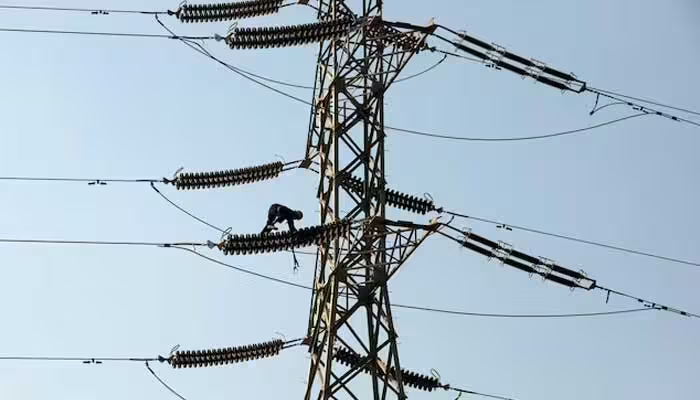The Competition Commission of Pakistan (CCP) has emphasized the urgent need for competitive reforms in the country’s power sector, which has long been dominated by state-owned enterprises (SOEs). According to a CCP report titled “State of Competition in the Key Markets in Pakistan: Power Sector,” the monopolistic control of the sector by state-run companies restricts private sector involvement, driving up consumer costs and limiting choices. The sector suffers from significant inefficiencies, including an ageing infrastructure, power losses exceeding 17.6%, and a soaring circular debt.
CCP Chairman Dr. Kabir Ahmed Sidhu stated that the report reflects the Commission’s commitment to addressing market inefficiencies and promoting fair competition. He highlighted that a competitive power sector is crucial for economic growth and affordable energy. The report calls for structural changes, including privatization, investment in smart grids, and competitive pricing, to address entrenched problems before they further destabilize the economy.
The power sector’s monopolistic grip is primarily due to the centralized, single-buyer model, with the Central Power Purchasing Agency (CPPA-G) being the sole purchaser of power from producers. This model stifles competition, discourages private investment, and exacerbates inefficiencies, particularly in distribution. Transmission and distribution are controlled by the National Transmission and Dispatch Company (NTDC) and regional distribution companies (Discos), which have high operational costs and inefficiencies.
While Pakistan’s power sector has grown, reaching an installed capacity of 45,885 megawatts in 2023, it still faces major challenges. A competitive trading bilateral contract market (CTBCM) model, approved in 2020, aims to encourage private sector participation by allowing bulk consumers to choose their power providers. However, the sector remains hindered by high transmission losses, an inefficient tariff structure, and resistance from entrenched SOEs.
To address these issues, the CCP recommends swift implementation of the CTBCM model, phased privatization or public-private partnerships (PPPs) for Discos, investment in infrastructure, and tariff rationalization. The report also calls for competitive bidding for low-cost generation projects and increased private sector involvement in transmission expansion. These reforms are seen as critical to improving efficiency, reducing costs, and fostering a more competitive power sector.



